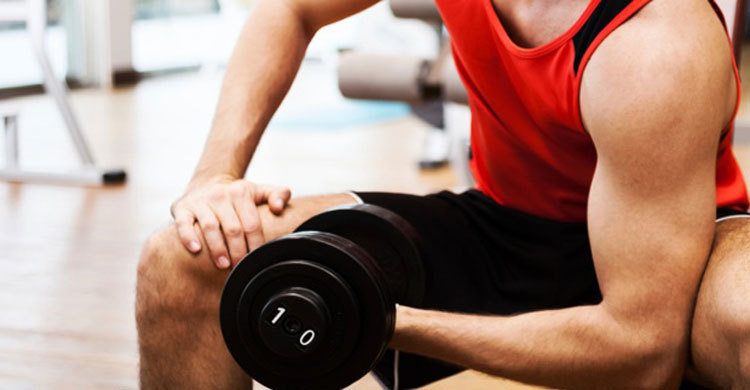Diet and workout tips to stay fit in your 20s

With crazy study schedules and even crazier late night outings, most people in their 20s are constantly on the move.
Hectic days and sleepless nights are just a part of everyday life, and usually the one thing missing is an ideal fitness regime.
Now, if you’re interested in washboard abs and your health in general, doctors and fitness experts say that 20s is the ideal time to get started — especially with your body surging with energy and vitality.
Why start early?
Okay, so you might have gained a few kilos but some of that weight is probably muscle. According to the American Council on Exercise, the average basal metabolic rate (BMR) drops by 1-2 per cent per decade.
Increasing your activity levels and muscle mass can help keep your BMR high. And higher a person’s BMR, the more calories an individual burns off without engaging in any physical activity.
Think of it as an investment for your future. Moreover, at this age you don’t have to worry about your DHEA (Dehydroepiandrosterone, a hormone that helps you recover from fatigue) levels, since it’s available in abundance.
According to a report by Council for Responsible Nutrition, DHEA levels start relatively low at birth, and gradually increase until puberty, till the levels reach a peak at 20-24 years of age. From there, serum and tissue DHEA levels decline at a rate of 2-3 per cent a year, with a steep decline occurring around middle age.
By age 75, humans exhibit 10-20 per cent of young adult DHEA levels. Decline in DHEA levels is said to slow your exercise recovery time and is also associated with ageing and cardiovascular diseases in men and an increased risk of premenopausal breast and ovarian cancer in women, impaired cognitive function and compromised immune function.
How to get started with your diet
Feed your stamina: The 20s is the best time to increase your stamina. It’s important that you feed your cardiovascular stamina and muscle stamina for your body to function smoothly.
Have proteins to increase your muscle strength endurance and strengthen your heart health. While non-vegetarians can find their protein source in meat, fish and eggs, vegetarians can go for tofu, beans, cottage cheese, pulses and soybeans.
Drink to health: On an average, a person should have 3-4 litres of water on a daily basis. But if you need to find the exact water requirement of your body then just divide your total weight by 16.
For instance, if your weight is 60 you need to have 3.75 litres of water for your body to function properly.
Say yes to fat: Fat is important for your muscles to repair themselves after a strenuous workout. But more than that, it is excellent for bone health.
Unsaturated fats — such as Omega 6 and Omega 3, found in olives, walnuts, almonds, pecan, brazil nuts and flaxseeds — are a must-have.
How does this work? Well, calcium can only be optimally absorbed by the body if there is the required amount of vitamin D present.
And vitamins are either water soluble or fat soluble – in this case vitamin D is fat soluble. Make friends with good fats source like olives, spinach, walnuts and avoid bad fats like packaged microwave popcorns, chocolate milk and other pre-mixed foods.
Energy-rich breakfast and more of alkaline food: Start your day with a hearty and nutritious meal. You will instantly feel the surge of energy coursing through your body. What most of us don’t know is that a heavy breakfast helps in fat loss too.
You can either go for vegetable poha and a banana or oats and milk with lot of nuts in it. Take a look at our detailed diet plan below for inspiration.
Also, keep your body high in alkaline to flush out toxins. Most green vegetables and lentils have alkaline content in them so, consume whole grain food like brown rice, wholewheat, buck wheat and oats in your diet.
Watch your eating habit: No matter how busy you are, never skip your meal. It slows down your metabolism rate. Also, don’t stick to one type of food; add varieties in your meals. That way you can curb your desire to indulge.


